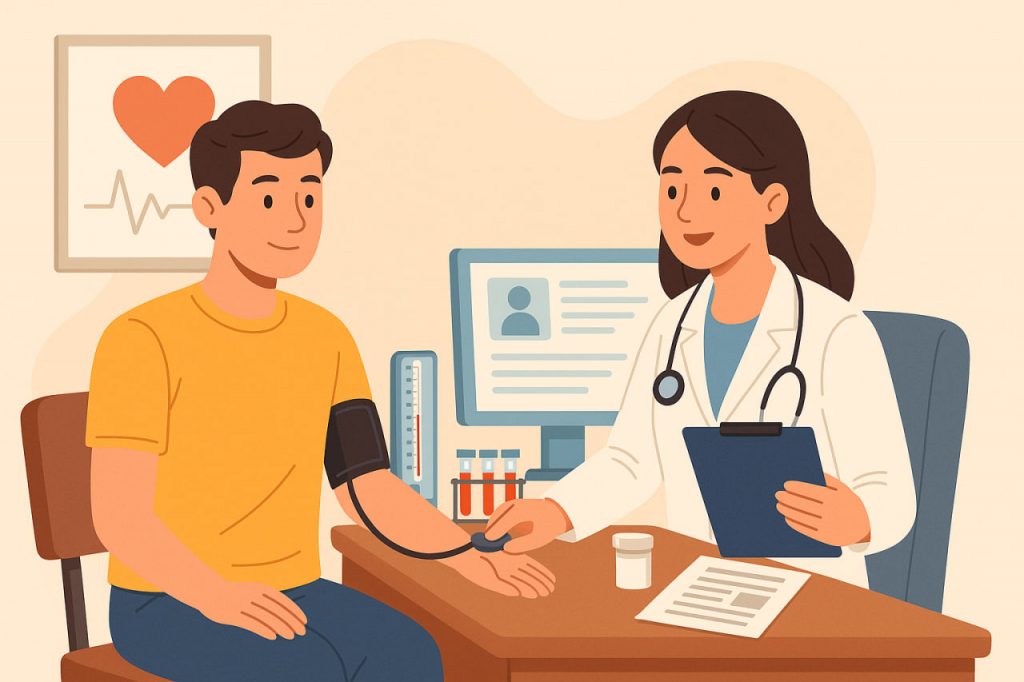Regular medical check-ups are an important part of preventive healthcare. They allow doctors to detect potential health problems early, before symptoms become serious. While many people visit doctors only when they feel ill, routine check-ups help maintain long-term well-being and reduce the risk of chronic diseases. Investing time in preventive care often saves lives and improves quality of life.
Early Detection of Diseases
One of the greatest benefits of regular check-ups is the ability to identify health issues in their early stages. Conditions such as high blood pressure, diabetes, and certain cancers may not show symptoms initially. Regular screenings increase the chances of detecting these problems early, when treatment is most effective.
Monitoring Vital Health Indicators
Check-ups typically include tests for cholesterol, blood pressure, blood sugar, and body weight. These indicators provide valuable information about heart, metabolic, and overall health. Regular monitoring helps track changes over time and allows individuals to adjust their lifestyle before problems worsen.
Prevention Through Lifestyle Guidance
Doctors not only diagnose diseases but also provide guidance on healthy living. During a check-up, individuals can receive personalized advice on nutrition, exercise, stress management, and sleep. This guidance helps prevent illness and supports a healthier daily routine.
Reduced Risk of Complications
By detecting risk factors and managing them early, check-ups reduce the likelihood of severe complications. For example, controlling blood pressure lowers the risk of stroke, and monitoring blood sugar prevents diabetes-related damage to organs. Regular visits also ensure that ongoing treatments are effective and safe.
Peace of Mind and Confidence
Knowing that your health is being monitored provides reassurance and reduces anxiety. Regular check-ups build trust between patients and doctors, creating a partnership for long-term health management. Even when no problems are found, the confirmation of good health is valuable for mental well-being.
Conclusion
Regular check-ups are essential for early detection, disease prevention, and overall health maintenance. They empower individuals to take control of their well-being and reduce the risk of serious illness. By making preventive healthcare a priority, people can enjoy longer, healthier, and more confident lives.
Glossary
- Preventive healthcare – medical care focused on preventing diseases before they occur.
- Screenings – medical tests used to detect conditions early, often before symptoms appear.
- Cholesterol – a type of fat in the blood that can affect heart health.
- Blood pressure – the force of blood against the artery walls, an important indicator of cardiovascular health.
- Complications – secondary health problems that arise from untreated or poorly managed conditions.


